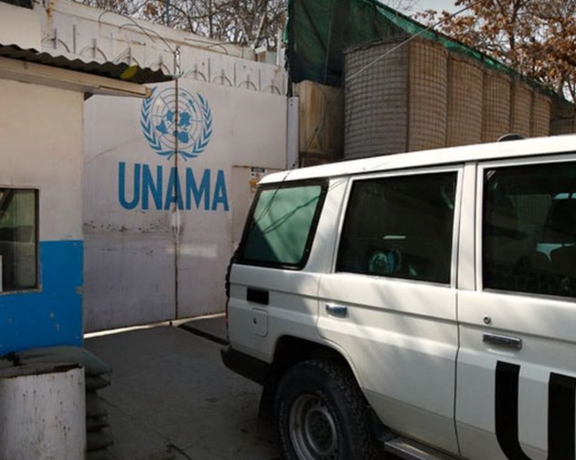In an interview with Afghanistan International, Ahady said that Afghanistan's assets have been transferred to the Bank for International Settlements (BIS) which provides five percent profit annually.
According to the former finance minister of Afghanistan, over $100 million in profit has been obtained during 2022. Ahady added that if this fund would be kept in the BIS, it will earn more than one hundred million dollars annually.
Ahady said that the Taliban can use the Swiss-based trust fund for printing Afghani banknotes and passports, but the group has not made such requests yet.
He also said that Afghanistan is a member of organisations such as the Asian Development Bank, the International Monetary Fund, and the World Bank and should pay membership fees to these organisations.
Ahady added that the Taliban paid the membership fees for Afghanistan last year, however, the group has not paid these fees for 2023. He said that in return for paying the membership fees, these organisations will provide humanitarian aid to Afghanistan.
Ahady added that if the Taliban does not agree to pay the membership fee of international organisations, the Swiss-based trust fund may pay these fees.
The supervisory member of the ‘Fund for the Afghan People’ added that the frozen reserves of Afghanistan in Switzerland are not used for humanitarian aid in Afghanistan. According to him, this will be spent only for some necessary purposes related to government spending. However, he stressed that the trust fund will not provide money directly to the Taliban and will pay related organisations for projects that are "for the benefit of the people".
In September 2022, the United States announced that it would transfer 3.5 billion dollars of the reserves of the Central Bank of Afghanistan to a trust fund in Switzerland to be used to help the Afghan economy.
The Taliban have repeatedly demanded that Afghanistan's Central Bank reserves must be given to the group.






